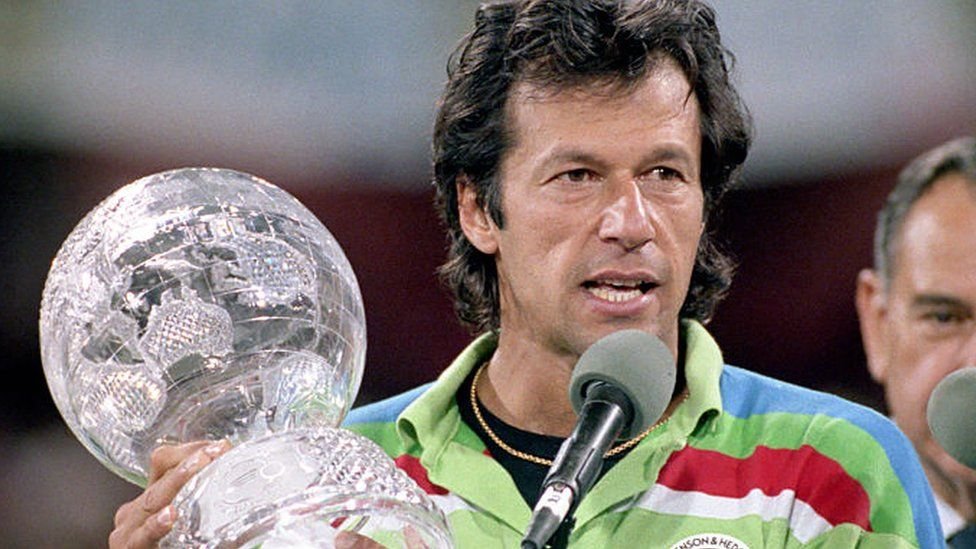Pakistan’s 2-1 Test series win against England was more than just a victory on the pitch—it was the result of strategic planning and insight, primarily attributed to former Test fast bowler Aqib Javed and world-renowned umpire Aleem Dar. Although Aqib Javed is widely credited with guiding the team, few realize how Aleem Dar’s unique contributions in pitch preparation and selection helped Pakistan secure a home ground victory after four years.
Aleem Dar, typically known for his low-profile demeanor and humility, prefers to stay out of the limelight, avoiding credit for his involvement. But his sharp eye and deep understanding of the game, honed over a 25-year career as a top-level umpire, proved invaluable in guiding Pakistan’s team selection and strategy. His first-hand experience with international pitches and players provided Pakistan Cricket Board (PCB) selectors with insights that shaped the team’s performance throughout the series.
A Historic Role for Aleem Dar: From Elite Umpire to PCB Selector
Aleem Dar’s distinguished umpiring career spans decades, with over 145 Test matches, 231 ODIs, and 72 T20Is to his name. He has served as one of the most respected figures in the world of cricket and has won the prestigious David Shepherd Trophy for ICC Umpire of the Year three times (2009-2011). Known for his fair and expert calls on the field, Dar was recognized globally for his sportsmanship and mastery over the intricacies of cricket.
In a pioneering move, PCB invited Dar to take on an advisory role as part of the national selection committee—a role rarely, if ever, held by a retired umpire in any country. This decision allowed him to apply his extensive pitch knowledge and player observations in a new way. For Pakistan’s team, it was a chance to leverage Dar’s unique insights, particularly after the loss in the first Test in Multan. Alongside Aqib Javed and former cricketer Azhar Ali, Dar’s role in the selection committee provided Pakistan with a tactical edge.
Strategic Changes Post-Multan Defeat
After Pakistan’s first Test loss in Multan, the PCB took decisive action, appointing Dar and Javed to support team strategies moving forward. According to sources, in one of the committee’s initial meetings, Aleem Dar raised a crucial point regarding pitch selection. He suggested playing the second Test on the same pitch used in Multan, a move that surprised many but showed his deep understanding of pitch dynamics.
This bold recommendation became a turning point. Working closely with Chief Curator Tony Hemming, Aqib Javed and Dar focused on adjusting pitch conditions to suit Pakistan’s strengths. Their collaboration led to several pivotal changes, and their influence extended to the team lineup, where Dar offered strategic input on player selection. With these adjustments, Pakistan managed to secure a win in the second Test, rejuvenating team morale and setting the stage for a dramatic series finale.
A Winning Strategy: Preparing for the Third Test
When preparations began for the third Test, another hurdle emerged: the Rawalpindi pitch, known to favor fast bowlers, was initially seen as a disadvantage for Pakistan’s spin-heavy lineup. Traditionally, this pitch offered little to spinners, raising concerns about Pakistan’s chances in the decider. However, both Dar and Javed collaborated intensively to work around this perceived drawback.
Before the match, the international media noticed the unusual sight of large heaters and fans on the pitch, sparking curiosity about Pakistan’s approach. In a strategy that played to Pakistan’s strengths, Dar and Javed aimed to prepare the pitch to take spin early on. Remarkably, this approach worked as intended, with the pitch beginning to support spin within the first hour of the game—an unexpected development that caught the England team by surprise.
The Third Test and Pakistan’s Ultimate Defeat
Despite their best efforts, Pakistan lost the third Test in Rawalpindi by nine wickets. Although the final result wasn’t in Pakistan’s favor, the team’s competitive performance and tactical approach highlighted the selectors’ efforts. Aleem Dar’s insights into pitch dynamics and team strengths had undeniably impacted Pakistan’s gameplay, showcasing how strategic thinking could influence results.
This series also highlighted the importance of innovative selection practices within PCB’s structure. Including someone with Dar’s experience in umpiring and pitch familiarity brought a new level of tactical sophistication to Pakistan’s selection committee, a precedent that could inspire other cricket boards to adopt similar approaches.
Aleem Dar’s Retirement and Legacy in Cricket
Having dedicated over a quarter-century to umpiring, Dar recently announced his retirement from the ICC Elite Umpiring Panel, marking the end of an illustrious career. His umpiring journey, which began with the Quaid-e-Azam Trophy in 1998, saw him officiate some of the most iconic matches in cricket history. Dar’s career embodies the spirit of fair play, precision, and dedication, making him a respected figure in the cricketing world.
Reflecting on his career, Dar said that umpiring had been his life, giving him the privilege of officiating matches with some of the greatest players of his time. His transition from umpire to selector, albeit temporary, shows how an individual’s expertise can benefit the game beyond the traditional boundaries of a single role.
A New Approach to Cricket Strategy in Pakistan
The 2-1 series victory over England is a testament to the power of strategic innovation in cricket. With Aleem Dar’s unique perspective as a selector, PCB demonstrated a willingness to explore new tactics to support the national team. Dar and Javed’s roles extended beyond mere advisory functions; they influenced pitch preparation, team selection, and ultimately, Pakistan’s performance.
As the cricket world takes note of Pakistan’s fresh approach, this series could mark the beginning of an era where multi-faceted experts like Aleem Dar contribute in various capacities beyond conventional roles. Although the third Test ended in defeat, the impact of Dar’s contributions is undeniable, leaving fans optimistic about the future of Pakistan cricket.



